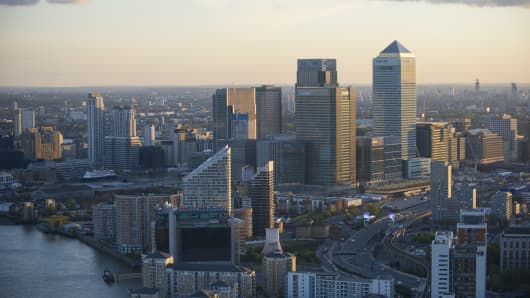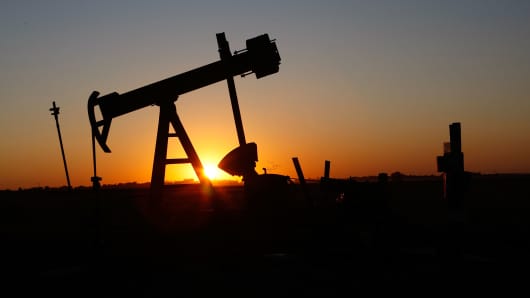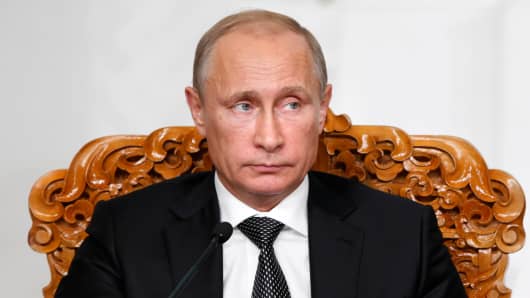US & UK to play financial 'war game'
Chris Giles Financial Times
 |
| project financing |
Jason Hawkes | Iconica | Getty Images
Britain and the US will stage the first transatlantic simulation of a crisis in a large bank on Monday, in a sign of growing confidence that the authorities can now deal with the failure of large institutions.
All of the main players who would need to be involved in a failure of companies such as Bank of America, Goldman Sachs, Barclays or HSBC will gather in Washington DC to make sure they would know what to do, who to call and how to inform the public.
The move reflects the authorities' view that they are getting close to solving the "too big to fail" problem, even for cross-border banks, outside a full-blown system-wide crisis.
George Osborne, UK chancellor, announced he would be taking part in the "war game" along with Jack Lew, US Treasury secretary, Janet Yellen, head of the Federal Reserve, Mark Carney, Bank of England governor and other senior officials from both countries.
The simulation will not mimic any particular banks but the authorities will run through the procedures they would follow if a large UK bank with US operations failed and those for a significant US bank with a British presence. Unlike domestic war games held before the financial crisis, Mr Osborne pledged to publicise the results.
Speaking to journalists on the fringes of the International Monetary Fund meetings in Washington, Mr Osborne said: "We are going to make sure we can handle an institution that was previously regarded as too big to fail ... and this demonstrates the distance we have come over the past few years to build resilience and learn the lessons of the financial crisis."
He added that the simulations should reassure taxpayers that it was unlikely the governments would have to bail out banks in future as they had to in the 2008-09 financial crisis.
Six years ago, the US and UK authorities fell out over Lehman Brothers, both before it crashed and afterwards in the chaotic bankruptcy that followed. When faced with a real crisis, previously good relations between the two governments and regulators broke down.
Asked whether the war game could come close simulating the stresses in a real crisis, the chancellor, admitted that the exercise was not trying to recreate a crisis in real time. "It is an opportunity to make sure our different, but similar, domestic arrangements work."
Mr Osborne said the purpose of the exercise was to make sure every player, including politicians knew their own responsibilities and who needed to act, which creditors would have to take a hit and how to communicate the authorities' actions to the public.
"No war game is like war itself," the chancellor said, "but it will mean that we are far better prepared and the principals will have asked themselves the difficult questions."
US & UK to play financial 'war game'
The war game comes at the start of a series of international events in banking regulation including new stress tests for British and European banks later this month and the G20 summit in November, which faces a deadline to come up with durable proposals to end the too big to fail problems.
IMF data published at the meetings showed that Britain had to spend 10.5 per cent of national income propping up its financial sector in 2008-09 and has subsequently recovered only about a quarter of that money. In contrast, the US support amounted to 4.5 per cent of its gross domestic product and it has already recovered the lot.
Some countries had a much greater burden, however, with Ireland having to increase debt by 41 per cent of GDP and Greece 34 per cent.
Lets start the discussion....
Do you agree? send in your comments and share ( also G+ this article if you like it) with your friends and family members.
also see Walk and talk therapy
Do you know that you can organize a team and walk in large groups in order to raise money for a community, charity or someone in need? see how it works
Note: If you are an entrepreneur (create your own business) , creative (projects )or need money for an important cause (hospital bills, school fees, birthdays parties, funeral, marriage etc) you must understand how to raise funds via social network see Crowdfunding sites



